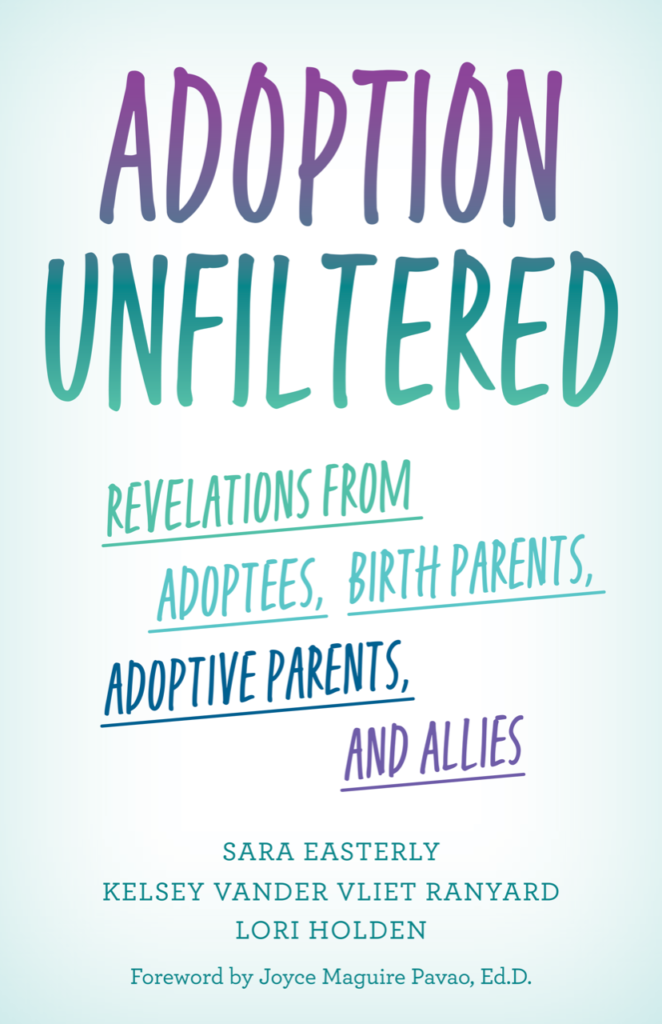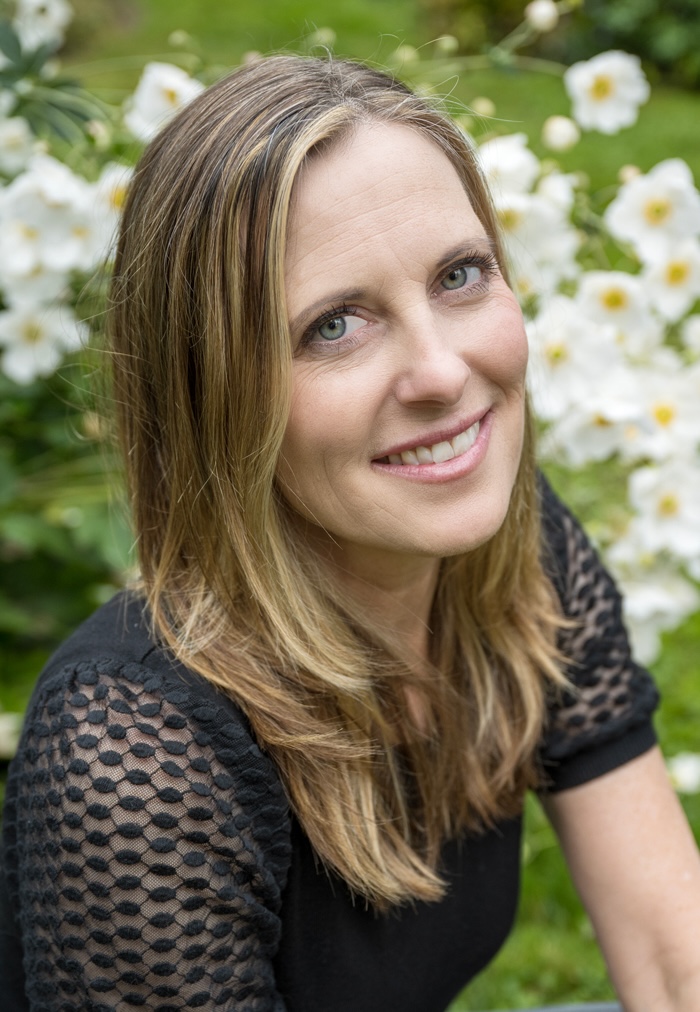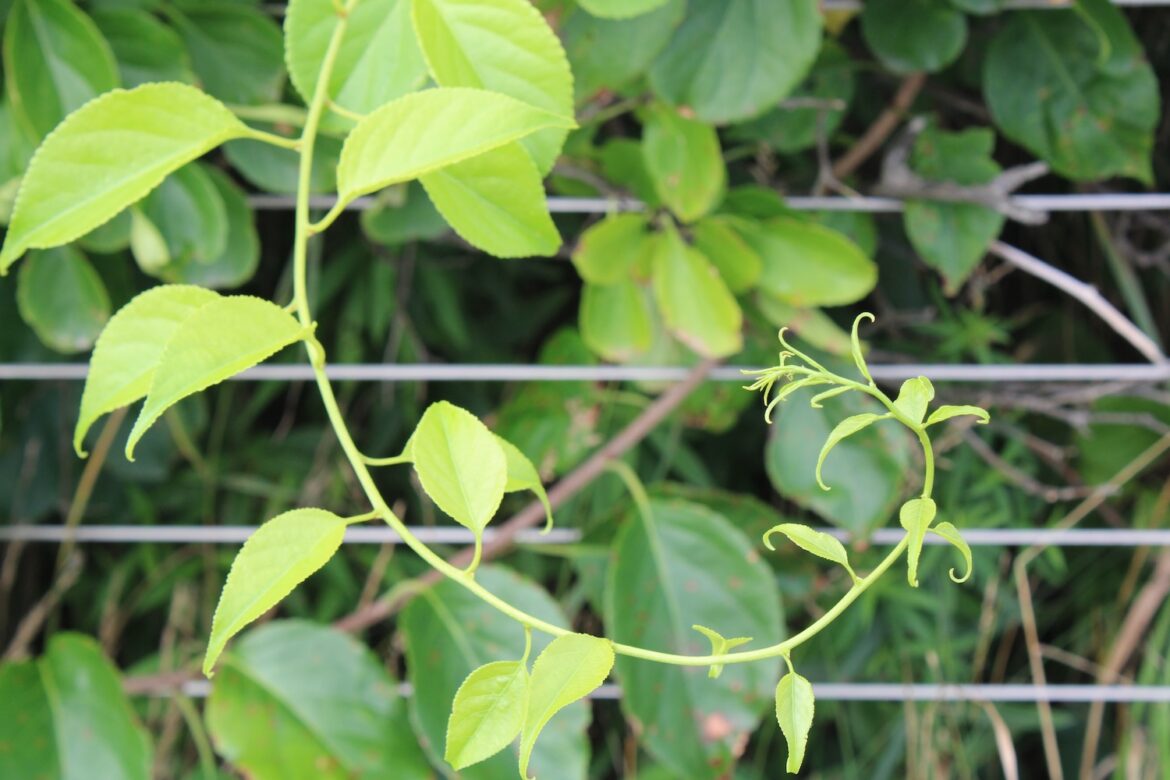By Sara Easterly
As an adoptee who writes and speaks in adoption spaces, I’ve encountered many adoptive parents with adult-aged adoptees who are struggling because their children have created necessary boundaries, asked for distance, or cut off ties altogether. Most of these parents entered into adoption without access to adoptee-centered information in a time that lacked much, if any, post-adoption support. They may have made it through what seemed like normal years raising their children into adulthood and have been looking forward to blissful years of parenting “retirement,” only to realize that adoption has presented new hurdles to a rewarding relationship with their adult children.
If you’re faced with a similar parenting challenge right now, there may be a way through. Insight into what could be going on underneath the situation points the way.
Three things adoptees’ boundaries or distancing might be telling you:
- Adoptees may be experiencing an adolescence.
Adolescence is described by child developmental psychologist Gordon Neufeld, PhD, as the bridge between childhood and adulthood. For adoptees, adolescence is often delayed or we undergo a second adolescence in adulthood designed to complete any unfinished business from the first. There could be a couple of reasons for this:
- Important identity tasks of adolescence can be complicated for adoptees. On a physical level and on a day to day basis, we’re without genetic mirrors that would help normalize our physical or behavioral traits and proclivities or understand our changing bodies. If we’re in a closed adoption, it can be hard to imagine ourselves 15, 30, or more years down the road when our first parents’ faces aren’t accessible to offer glimpses of our future selves. These are just some of the things that can impact the identity tasks of adolescence, when we’re meant to confidently grow into ourselves.
- The emotional impact of adoption’s inherent separation trauma can slow our adaptation and maturation. Adoption cannot take place without separation from our first attachments, and we are faced with additional separation in many forms throughout our lives, such as when others comment about how we do or don’t match our families, or when we wonder about our birth parents and whether they’re thinking of us. When we’re faced with overwhelming separation, our natural instincts move in to protect us. These serve a purpose in helping us survive and function day-to-day. But the cost is that our defenses can make it challenging to access vulnerable emotions like sadness and grief—crucial to our healing and growth. Many adoptees can take decades to start feeling the losses related to relinquishment and adoption—in the meantime living numb, or running from the pain, until we’re ready to take steps toward grieving all that we cannot change, which is how humans adapt and build resilience.
- Adoptees may need room for their own perspectives to grow.
If we keep in mind that an adoptee who’s pulling away may be undergoing an adolescence, we can also remember that adolescence is a time when adults-in-the-making are developing their own ideas and tend to push back on those of their parents. This is often misunderstood as being contrary for contrary’s sake, but it comes from a place of discovery and growth. When novel and tender beliefs are just beginning to bud, we feel a fierce need to protect them. Perspectives that differ from ours—such as whether adoption is purely a beautiful thing, as adoptive parents often believe and express throughout our lives—can threaten the formation of our own thoughts and understanding of adoption, which may be completely different once we’re looking up-close at the losses of adoption. If our parents focus only on the positive, happy side of adoption and have a hard time accepting the sadness and loss that also exists, it can make it challenging for us to be in their presence.
- Adoptees may need some heartfelt apologies.
In interviewing nearly two dozen adoptees for my forthcoming book, Adoption Unfiltered, and listening to thousands of adoptee stories through the Adoptee Voices writing groups that I lead, I’ve come to see that many of us have been deeply hurt by our parents—even if we’re unable to recognize the wounding until years later. As we reach the “Dissonance” stage in the Adoption Consciousness Model articulated by Susan F. Branco, et al, we may feel a sense of pain over authoritarian discipline practices employed in our childhoods that added separation to our already separation-saturated souls. We may feel hurt by ways our adoption stories had been oversimplified or overshared. Interracial adoptees may feel anger toward their parents for the cultural and racial isolation they experienced that wasn’t necessary or could have been better supported, or for racism encountered in their families. Many of us come to find out that the circumstances around our adoptions involved coercion or other questionable ethical practices. Even if our parents didn’t directly play a role in this or know better at the time, it can be hard to reconcile that these painful realities happened due to or under the watch of adults we trusted to look out for us. Additionally, there may be less obvious wounds. Due to our early experiences of relinquishment, adoptees can be especially sensitive to signs of rejection, and we can be hurt in ways that may not affect nonadoptees as deeply.
Often adoptive parents aren’t sure how to grapple with the guilt they feel over their children’s wounding. Or they may be stunned by what feels like a 180-degree shift when the children they thought they knew, who easily donned their ideas, become adults with their own interpretations around adoption. There can be a temptation to react defensively or blame the adoptees for being ungrateful or for harboring resentments. But such responses don’t lead to the closeness and connection parents likely desire—and that your child probably does, too. After all, more separation isn’t always what’s best for those of us already brimming with it.
Unless lines have been crossed making it unsafe or unreasonable to engage with our families, forgiveness and forging a new relationship together eventually may be possible. Our parents’ empathy and heartfelt apologies can first call us back toward relationship.
Rebuilding relationships takes time.
At the end of the day, adoptees are seeking safety in relationships. For a healthy parent-child relationship to work—no matter our age—we need to feel safe depending on our parents. Adoption has already complicated this, so winning our hearts requires effort and may be ongoing throughout our lives.
As our perspectives on adoption evolve over the course of our lives, we need room to express our complete range of emotions. Just as adolescents need room to express their emotions, so, too, do adult adoptees undergoing an adoption adolescence. Once we’re more solid and confident in our beliefs around adoption, apart from the influence of our parents and our wider culture, engaging with people we disagree with doesn’t feel so threatening—so long as we are fully respected and honored in the process.
Perfect parenting isn’t possible, nor expected. And even though we’re adults, we’d like to see you still trying. You likely didn’t receive stellar parenting guidance and post-adoption support in the past, but it’s never too late to seek it out. You’re in luck, because it’s a different time now and solid, adoptee-led information abounds. Making an effort goes a long way in showing that you’re committed to us, aiming to do better, and welcoming our full selves.
Parenting requires strong leadership—and adoptive parenting is no different. Good leaders don’t shirk from challenges. They rise to meet them. As you rise to meet the needs of the adoptee in your life, may they feel your caring and commitment that grows from your open mind, soft heart, and willingness to evolve with them.
Sara Easterly is an award-winning author of essays and books that include her spiritual memoir, Searching for Mom (Heart Voices, 2019), and her forthcoming book, Adoption Unfiltered: Revelations from Adoptees, Birth Parents, Adoptive Parents, and Allies (Rowman & Littlefield, December 1, 2023). She is the founder of Adoptee Voices and is a trained course facilitator with the Neufeld Institute with a heart for helping others understand the often-misunderstood hearts of adoptees.






